By Zion Rufus
In recent years we have seen brands jump on the bandwagon of trendjacking. They come up with innovative campaigns to take part in social media trends in order to provide their customers with contents related to a trend they’re interested in while connecting with the brand as well.
Social media platforms like Twitter, Facebook, Instagram, and LinkedIn have been used to create trends, make viral memes, dissect plots of movies, situations, and discuss fan theories and topical issues.
With over 4.66 billion active internet users worldwide, more than any advertising budget, these social trends make their rounds on the internet in no time, cutting through all age groups, geographical locations, races, and beliefs.
What’s more, people get to see reactions, feedbacks, and opinions of millions of others in real time.
Hence, as advertising budget began to shift to digital and brands continue to ramp up their spend on social media marketing, marketers have continually seen the need for trendjacking, a word coined by the marketing world to describe the opportunity to capitalise and exploit a current topic. It breaks the information or hashtags to strengthen one’s brand association with its core target audience, attract sales leads and generate profitable business outcomes.
However, the success of the marketing campaign relies on how relatable, engaging, and captivating they are. People tend to engage and respond to trends that they find relatable.
While these trends spring up out of nowhere, and usually, almost out of nothing, they surprisingly within seconds, turn out to be the biggest sensation on the internet.
MTN We Move Campaign
“Whatever life brings, we move”

Regarded as one of the most relatable campaigns in Nigeria today, the MTN We Move Campaign won the Lagos Advertising & Ideas Festival (LAIF) award and the Advertisers Association of Nigeria (ADVAN) award in 2021.
Birthed from popular street slang/catchphrase “We move” which is used by Nigerians to express the courage to bounce back from whatever life throws at them, major or minor inconveniences, as well as the challenges of adulthood, the campaign captured a visceral attribute of tenacity and ingenuity of Nigerians who strive tirelessly to pursue entrepreneurial success.
Will Smith-Chris Rock Oscars confrontation

Brands hopped on the unexpected Will Smith- Chris Rock incident which occurred at the recently concluded Academy Awards when Smith walked up on stage to slap Rock to the shock of other celebrities and millions of viewers across the world.


The comedian, who was onstage to present the best documentary award, had made an ‘expensive’ joke about Smith’s wife and multiple award-winning actress, Jada Pinkett Smith, saying she looked as though she should be in “G.I. Jane 2” in reference to her near-bald hairstyle. Meanwhile, Pinkett had earlier disclosed that her hair loss was due to alopecia, a condition that leads to hair loss.
Squid Game

South Korean drama series, Squid Game which broke Netflix’s major records when it hit an historic milestone of more than 111 million viewers gained the attention of global brands such as Airtel, Heineken, Budweiser, Pepsi, Dominos, and many more.
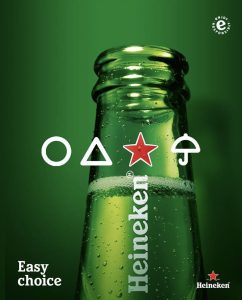
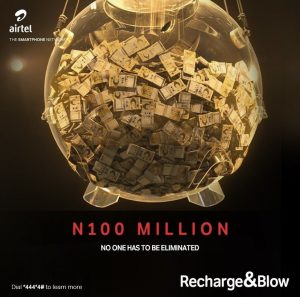
The Netflix series released in September 2021, is a 9-episode survival drama which tells the story of 456 contestants neck deep in debt who have to compete through series of bloody children games to emerge winner of a ₩45.6 billion prize. With distinctive features including a tin of candy, a card of shapes, green and white tracksuits, a big globe with stacks of cash in it, and a singing doll dressed in orange and yellow, the #SquidGame on TikTok has been viewed more than 22.8 billion times with billions of people across continents mimicking the games on the show, minus the bloodshed.
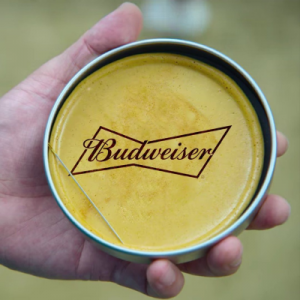
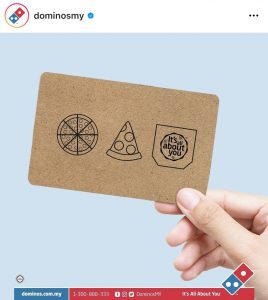
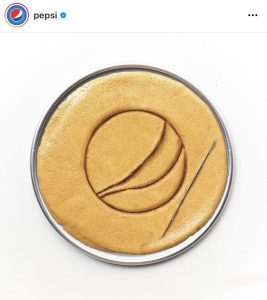
Collectively, companies as well as individuals one way or the other resonated with the plot of the Squid Game. Where certain people have likened the plot to the disparity between the class systems in a society, others have described the satire to be about Nigerians and the economic situation which has prompted the youths to take more desperate measures in the quests for financial freedom.


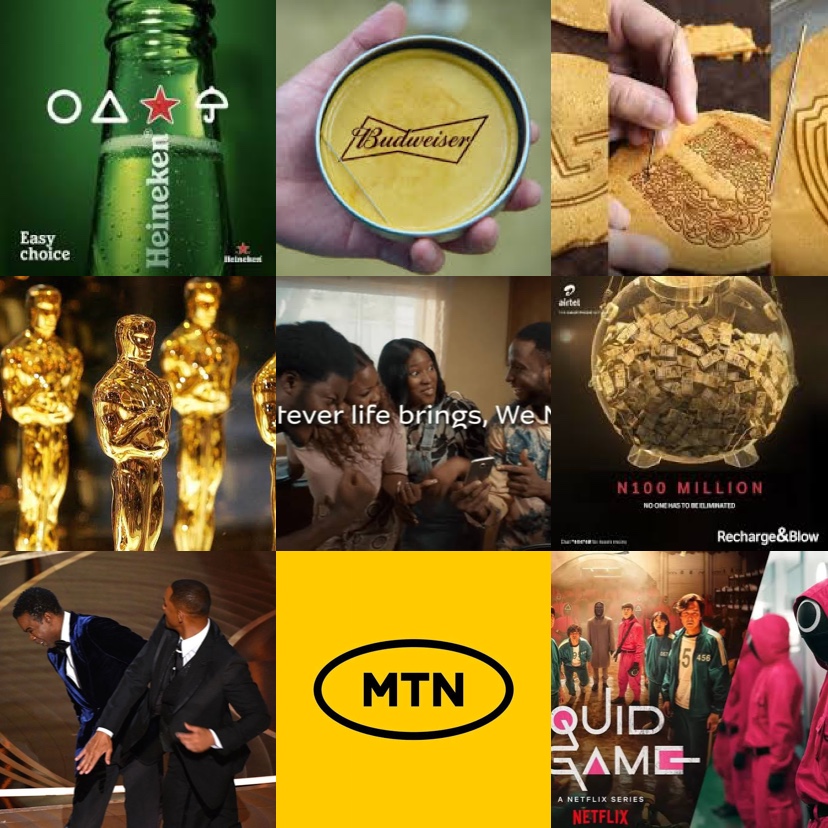



Comment
No comments found.